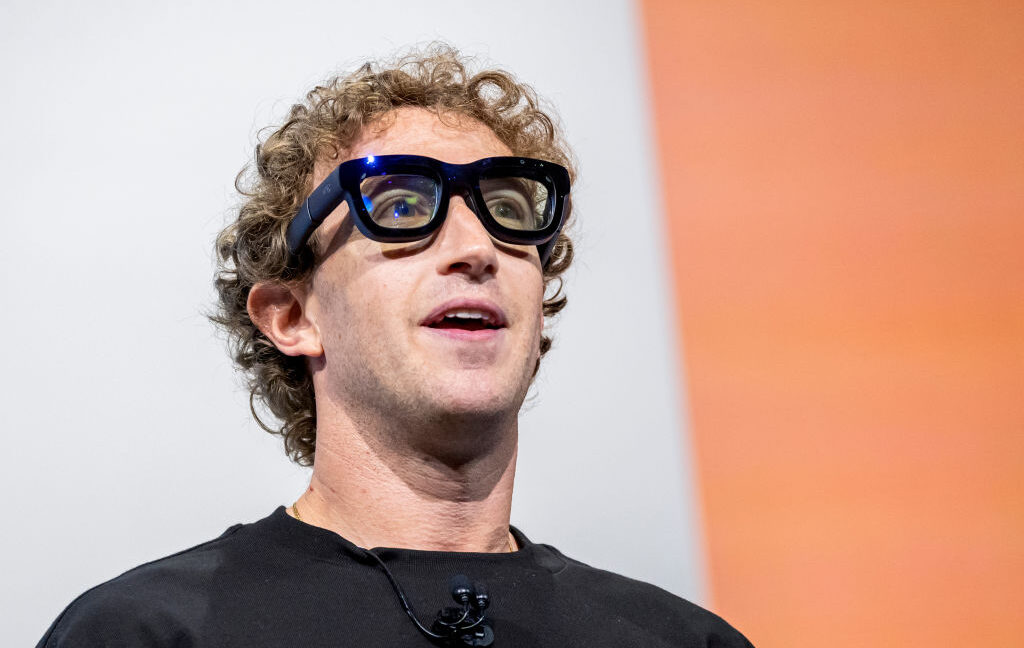Meta to cut 5% of employees deemed unfit for Zuckerberg’s AI-fueled future
Anticipating that 2025 will be an “intense year” requiring rapid innovation, Mark Zuckerberg reportedly announced that Meta would be cutting 5 percent of its workforce—targeting “lowest performers.”
Bloomberg reviewed the internal memo explaining the cuts, which was posted to Meta’s internal Workplace forum Tuesday. In it, Zuckerberg confirmed that Meta was shifting its strategy to “move out low performers faster” so that Meta can hire new talent to fill those vacancies this year.
“I’ve decided to raise the bar on performance management,” Zuckerberg said. “We typically manage out people who aren’t meeting expectations over the course of a year, but now we’re going to do more extensive performance-based cuts during this cycle.”
Cuts will likely impact more than 3,600 employees, as Meta’s most recent headcount in September totaled about 72,000 employees. It may not be as straightforward as letting go anyone with an unsatisfactory performance review, as Zuckerberg said that any employee not currently meeting expectations could be spared if Meta is “optimistic about their future performance,” The Wall Street Journal reported.
Any employees affected will be notified by February 10 and receive “generous severance,” Zuckerberg’s memo promised.
This is the biggest round of cuts at Meta since 2023, when Meta laid off 10,000 employees during what Zuckerberg dubbed the “year of efficiency.” Those layoffs followed a prior round where 11,000 lost their jobs and Zuckerberg realized that “leaner is better.” He told employees in 2023 that a “surprising result” from reducing the workforce was “that many things have gone faster.”
“A leaner org will execute its highest priorities faster,” Zuckerberg wrote in 2023. “People will be more productive, and their work will be more fun and fulfilling. We will become an even greater magnet for the most talented people. That’s why in our Year of Efficiency, we are focused on canceling projects that are duplicative or lower priority and making every organization as lean as possible.”
Meta to cut 5% of employees deemed unfit for Zuckerberg’s AI-fueled future Read More »





